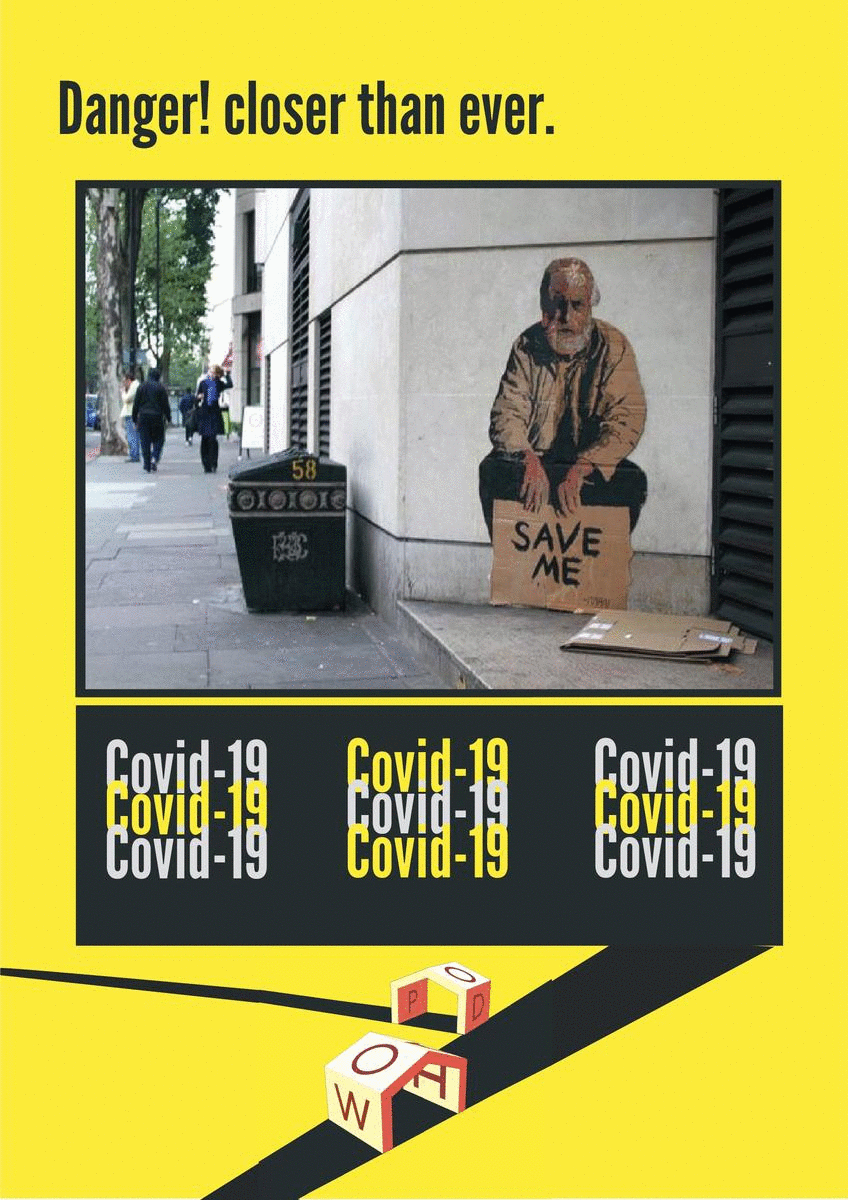Precedent 1:
Homed is a new type of temporary housing in New York City by Creative agency Framlab.
It comprises partly 3D-printed hexagonal pods that use scaffolding to attach
Homed is a new type of temporary housing in New York City by Creative agency Framlab.
It comprises partly 3D-printed hexagonal pods that use scaffolding to attach
Posted 20 Mar 2020 21:19






